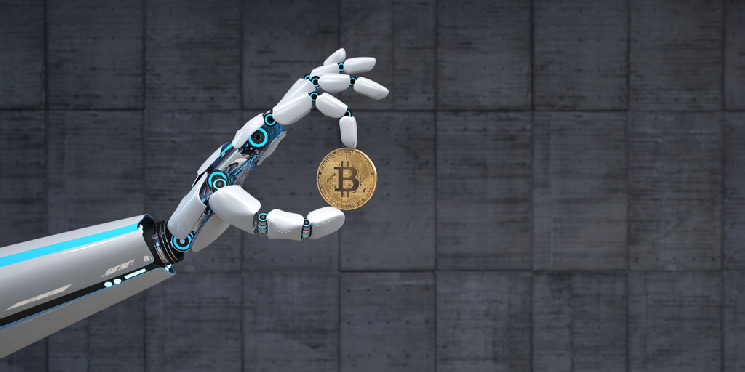Leading crypto builders and investors are predicting a future where AI agents, not people, dominate blockchain networks—but they're split on how we'll get there and what it means for everyone else.
"We will see a billion agents onchain before we see a billion humans onchain," predicts Twitter user Evan, an ecosystem lead at Monad and former McKinsey analyst. "Crypto has inherently unfriendly UX for human users. Agents do not care about this friction."
The predictions come amid a surge in AI agent development for crypto, with platforms like Virtuals already generating $60 million in revenue.
Crypto's latest meta has also seen certain assets from projects such as AI16z skyrocket, following demand for AI agent tokens.
Haseeb Qureshi, managing partner at Dragonfly Capital, points to changes in accessibility, where "instead of having to raise millions of dollars," developers could "launch an application with $10,000 of AI cloud compute."
This democratizes who can build and deploy blockchain apps and "lead to an on-chain renaissance," Qureshi claims.
But the implications extend beyond just cost efficiency.
Raising ethical concerns about authentication and trust in digital interactions, Qureshi predicts that "chatbots will start hiding that they are AIs" and "pass as humans."
Qureshi claims that most current "AI agents" in crypto aren't what they're supposed to be, at least in their current versions. "These things are not really agents. These are chatbots with meme coins attached," notes Qureshi.
Crypto and AI go hand in hand
In September last year, Delphi Labs, a project focusing on Web3 protocol R&D, published a thesis on how AI could impact crypto in the coming years.
While AI could be a powerful resource "impacting society deeply," it also risks being "solely controlled by big tech and the state," Delphi Labs' paper states.
Delphi Labs claims crypto "can prevent this monopoly" by "delivering genuinely better solutions for developers and users.”
The transformation is already beginning, with some projects like Wayfinder developing functions for AI agents to interact autonomously with blockchain networks.
Should the average Joe be concerned?
Yuk Hui, a contemporary philosopher trained as a software engineer, thinks not.
Machines such as AI agents won't "completely replace human beings" because doing so "may take longer than the extinction of the human species," Hui wrote more than three years ago.
Instead, "machine intelligence will transform humans [...] beyond their own imagination."
Edited by Sebastian Sinclair
 decrypt.co
decrypt.co
